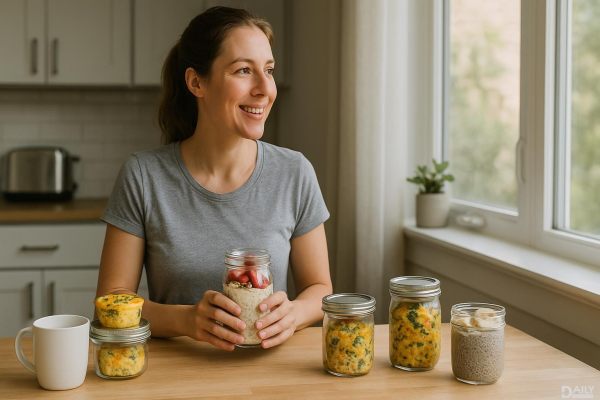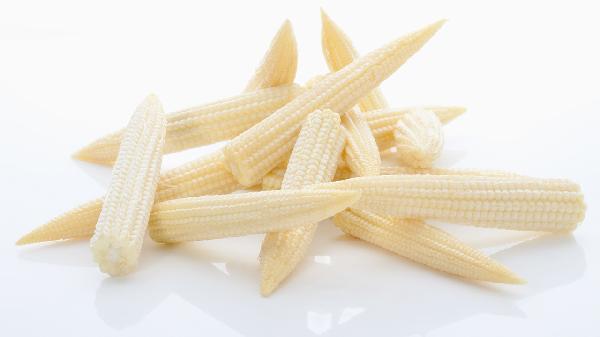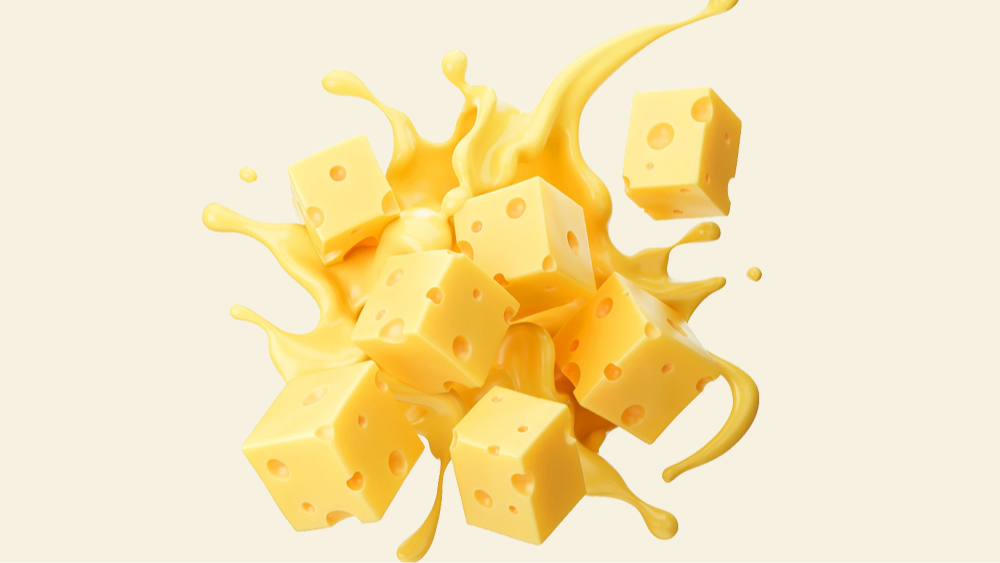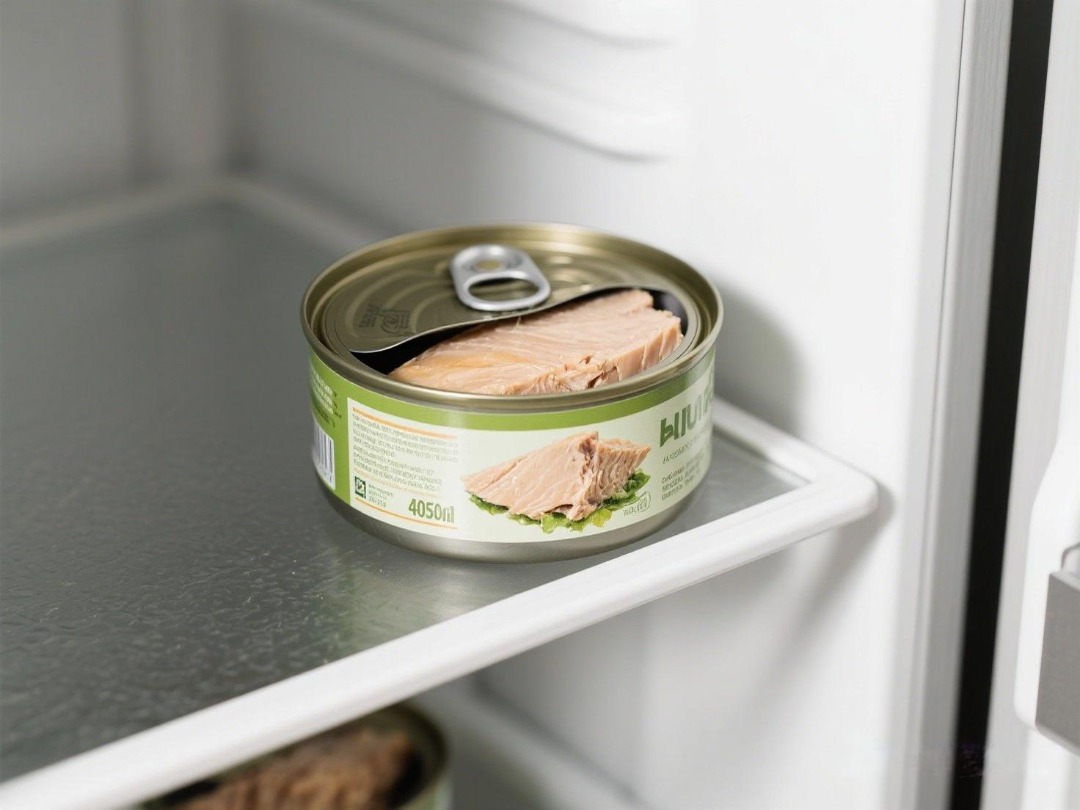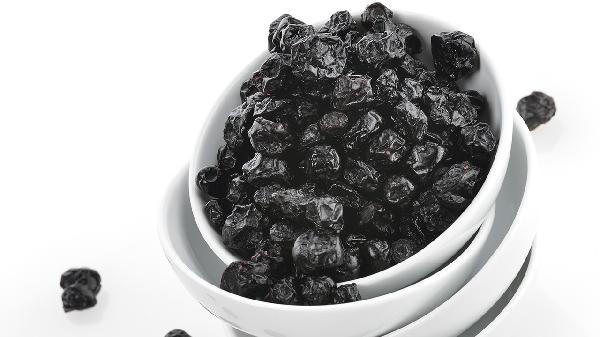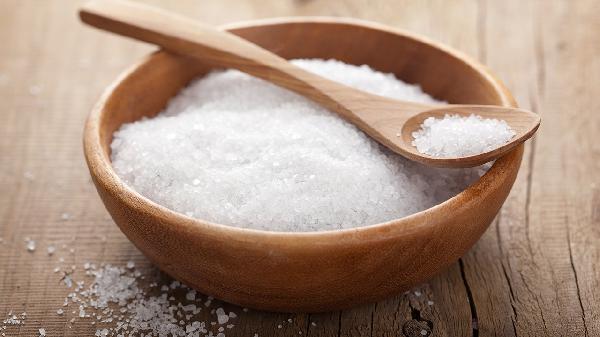Kosher pickles are more than just a crunchy snack—they're a cultural icon with deep roots in Jewish tradition and American deli culture. What makes them special? It's all about the process: kosher pickles are fermented in a saltwater brine with garlic and dill, giving them that signature tangy, garlicky punch. Unlike sweet or bread-and-butter pickles, kosher dills pack a bold, sour flavor that’s crisp, refreshing, and totally addictive. But "kosher" doesn’t just refer to the ingredients—it’s about the preparation method adhering to Jewish dietary laws, making these pickles a staple in kosher kitchens and beyond.
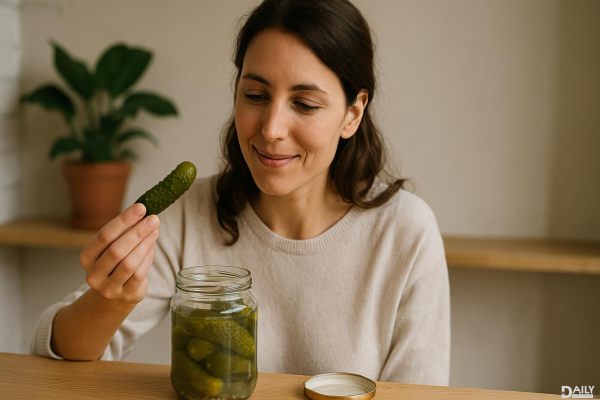
Kosher pickles trace their origins back to Eastern Europe, where Jewish communities perfected the art of fermentation to preserve cucumbers through harsh winters. When Jewish immigrants brought their pickle-making traditions to America in the late 19th and early 20th centuries, kosher dills became a cornerstone of New York delis. Street vendors sold them from barrels, and they quickly gained a cult following for their sharp, garlic-forward taste. Today, brands like Ba-Tampte and Claussen keep the tradition alive, though true aficionados swear by small-batch, barrel-fermented versions from old-school delis.
Contrary to popular belief, "kosher" in this context doesn’t necessarily mean the pickles are certified kosher (though many are). Instead, it refers to the traditional Jewish method of preparation: no vinegar, just salt, water, garlic, and dill. The cucumbers are left to ferment naturally, which creates lactic acid—the source of that mouth-puckering sourness. This process aligns with kosher dietary laws, which emphasize natural, unprocessed foods. Some brands add spices like coriander or mustard seeds for extra complexity, but purists argue that simplicity is key to an authentic kosher dill.
Ever wondered why kosher pickles stay so crisp? It’s all about the brine and fermentation time. The saltwater solution draws moisture out of the cucumbers while allowing good bacteria to thrive, creating that perfect balance of crunch and tang. Over-fermenting leads to mushy pickles, so timing is crucial. Many commercial brands (looking at you, Vlasic) use calcium chloride to artificially preserve crunch, but traditional kosher dills rely on precise salt ratios and temperature control. For the ultimate snap, seek out refrigerated varieties—they’re less processed than shelf-stable picks.
Not all dill pickles are kosher, and here’s why: mass-produced "dill" pickles often skip fermentation altogether, using vinegar for instant sourness and artificial preservatives. They might taste similar, but they lack the depth of flavor that comes from slow fermentation. Kosher dills also typically use more garlic and fresher dill, giving them a brighter, herbaceous kick. And let’s be real—there’s something irreplaceable about biting into a pickle that’s been brined for weeks in a wooden barrel versus one cranked out on an assembly line.
Beyond straight-from-the-jar snacking, kosher pickles shine in dishes like Reuben sandwiches, potato salad, or chopped liver. Their acidity cuts through rich foods, making them a chef’s secret weapon. Try frying them for a Southern-style twist, or use the brine to marinate chicken—it tenderizes meat like nobody’s business. For a next-level Bloody Mary, swap the celery stick with a kosher dill spear. And if you’re feeling adventurous, sip the brine post-workout; it’s a natural electrolyte booster (just maybe don’t do this in public unless you want curious stares).
Whether you’re a pickle purist or a curious newbie, kosher dills offer a taste of history, science, and culinary ingenuity in every bite. Their bold flavor and satisfying crunch have stood the test of time, proving that sometimes, the simplest foods are the most extraordinary. So next time you crack open a jar, remember: you’re not just eating a pickle—you’re savoring a legacy.
